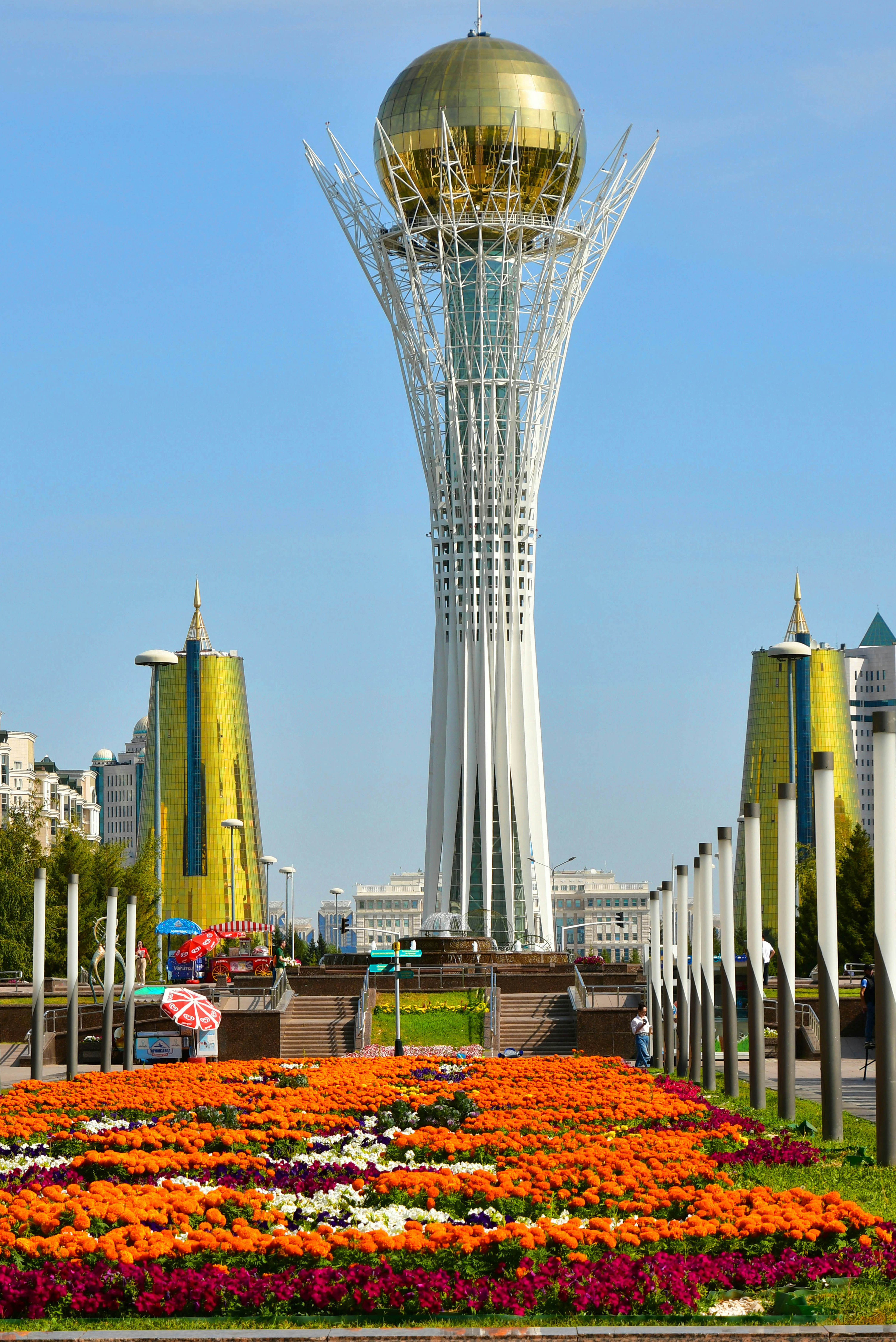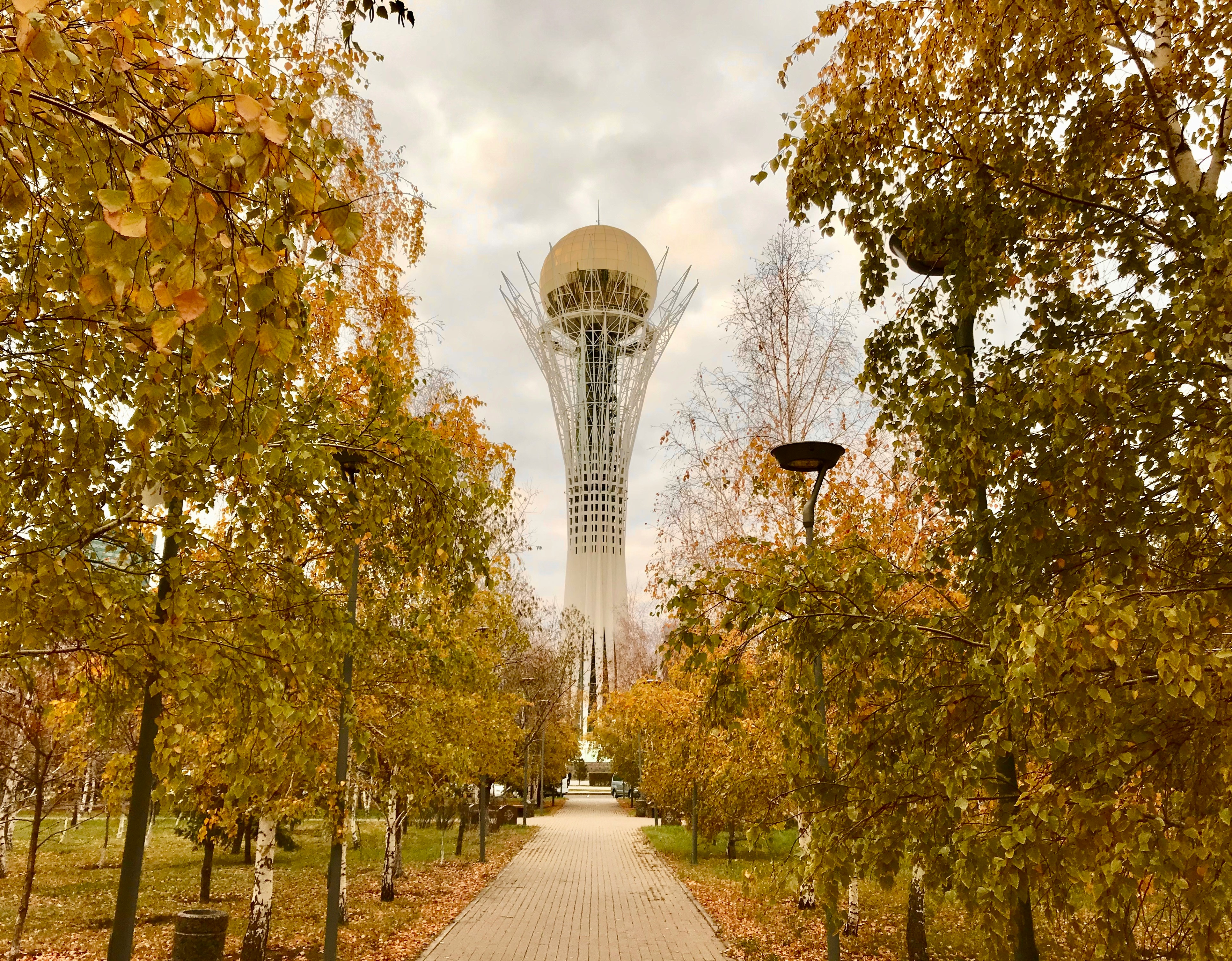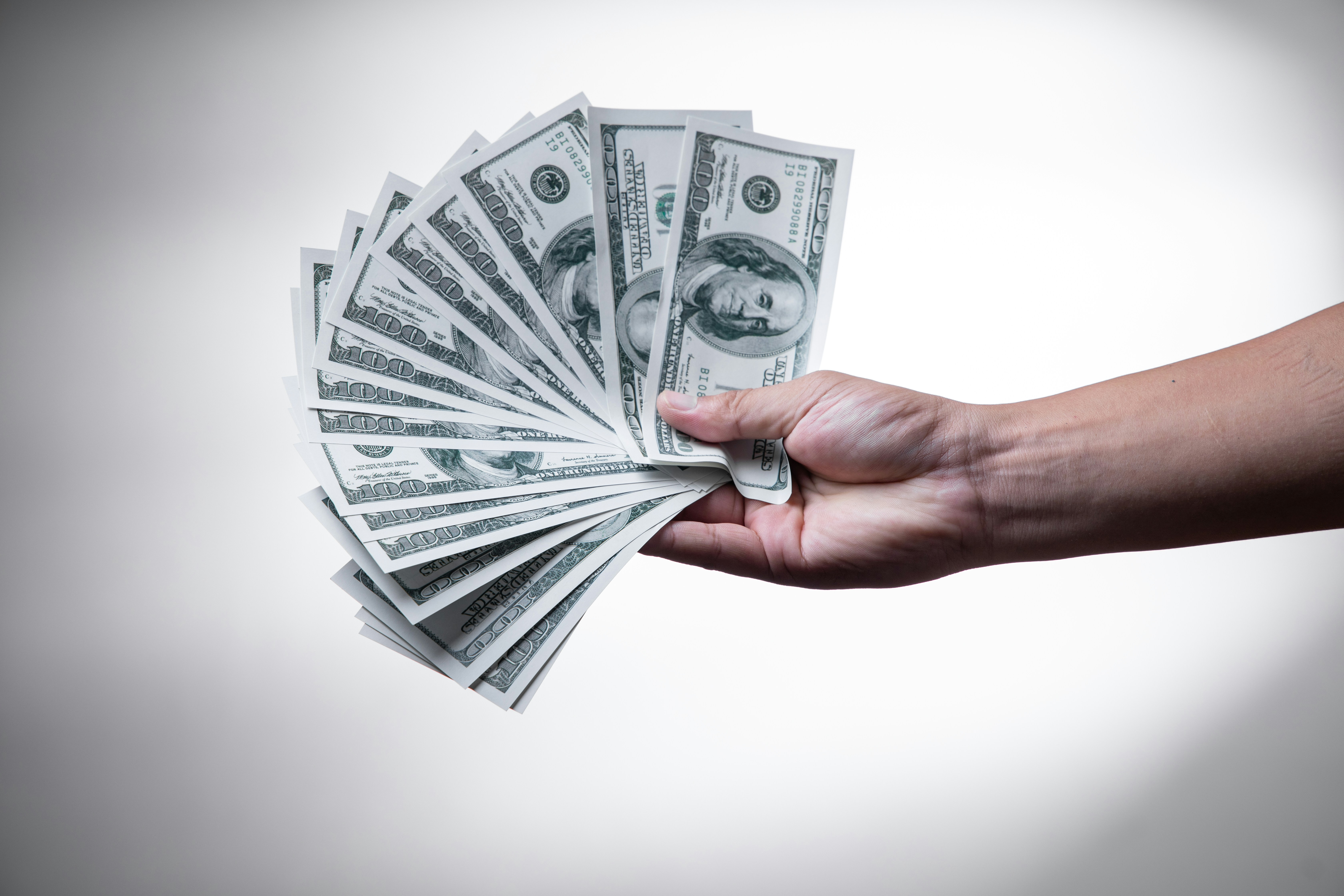Kazakhstan’s rare earth metal exports are once again under scrutiny. On September 3, the leader of the Ak Zhol party in Kazakhstan’s parliament, Azat Peruashev, renewed his call for tighter control over rare earth exports. Peruashev formally urged the Minister of Industry and Construction, Ersaiyn Nagaspayev, to investigate and improve oversight after concerns that state control over ore shipments is increasingly being delegated to private labs without adequate verification.
Peruashev’s statement raised the alarm about the possible undervaluation of exports and the concealment of valuable trace metals, a practice that could deprive the state of critical revenues at a time of growing global demand for rare earth elements. “According to the law on precious metals and stones, the state authority is responsible for control over the import and export of ores and concentrates. But based on the official response from the Ministry of Industry, it appears that state control has effectively been delegated to laboratories hired by the subsoil users themselves. The government agency does not verify the accuracy of its data and limits itself to just receiving the documents,” Peruashev said.
The appeal marks the latest development in a controversy that first surfaced earlier this year. On March 7, The Times of Central Asia reported that Peruashev had submitted a formal parliamentary inquiry to Kazakhstan’s Anti-Corruption Service and the Ministry of Industry. That inquiry cited allegations from a former Kazakhmys lab assistant who claimed ore and concentrate exports were leaving the country without undergoing proper chemical analysis. According to the complaint, this practice allowed exporters to underreport the presence of rare earth and precious metals, artificially lowering shipment valuations to the benefit of powerful business interests.
Kazakhmys rejected suggestions of intentional wrongdoing, stressing that any rare metals recovered during processing were incidental and directed to the state enterprise Zhezkazganredmet. The company added that it welcomed greater state scrutiny and dialogue. Peruashev’s renewed demand, however, indicates that concerns remain unresolved, particularly around whether the government has sufficient oversight to prevent leakage or mismanagement in an industry viewed as of increasing strategic and economic importance.
A Geological Windfall
This renewed debate comes as Kazakhstan’s rare earth sector enjoys unprecedented global attention. In April, TCA reported the discovery of a massive new deposit in the Karagandy region, unofficially dubbed “Zhana Kazakhstan,” estimated at 20 million metric tons of ore containing neodymium, cerium, lanthanum, and yttrium. Officials said average concentrations reached 700 grams per ton, a figure that, if validated, would position Kazakhstan among the world’s top three in rare earth deposits.
In total, the government has identified 38 new mineral deposits, including 3.7 million tons of copper and nickel and 19 tons of gold. These discoveries are part of an ambitious exploration program that aims to expand mapped geological territory to 2.2 million square kilometers by 2026. For policymakers, the figures highlight both an opportunity and a dilemma: how to harness world-class reserves without falling into the trap of export dependence.
At Home and Abroad
International interest in Kazakhstan’s deposits is on the rise. A June 2025 opinion piece from the Atlantic Council argued that Kazakhstan could anchor Western efforts to diversify rare earth supply chains away from China, highlighting the country’s geological wealth, infrastructure, and multi-vector diplomacy. In August, a strategic partnership between the state company Tau-Ken Samruk and U.S.-based Cove Capital to explore deposits in the Kostanai region was announced, underscoring Kazakhstan’s role as a sought-after partner for countries eager to secure rare earth supply chains.
Kazakhstan’s exports of rare-earth minerals have nearly quintupled since 2020. Exports, including yttrium, neodymium, and dysprosium, rose sharply again in 2024, with China, which dominates global processing capacity, accounting for the overwhelming majority of purchases.
Domestically, meanwhile, the government is looking to modernize the industry. In August, Prime Minister Olzhas Bektenov chaired a high-level meeting to review development plans, which included new financing in refining and research. Investment in the rare-earth metals sector since 2018 has exceeded 67 billion tenge ($125 million), and the modernization of Zhezkazganredmet is a key priority.
Yet even as the industry expands, concerns about governance and environmental risks linger. A July investigation by Kursiv Media warned that Kazakhstan could repeat China’s mistakes if it fails to manage waste properly. The article highlighted the risks of toxic runoff, soil degradation, and poorly regulated chemical processing. These issues could undermine both environmental sustainability and social stability, especially in mining regions already burdened by ecological stress.
Oversight vs. Openness
This tension between opportunity and oversight is why Peruashev’s campaign resonates. The leader of Ak Zhol has framed the issue not merely as a matter of accounting, but as a question of national security and sovereignty. Rare earth elements, vital to clean energy systems, semiconductors, and advanced weaponry, are increasingly at the heart of global strategic competition, and mismanagement could weaken Kazakhstan’s position as it seeks to diversify away from overdependence on oil, gas, and traditional metals.
For now, the government’s position remains optimistic. Astana has welcomed foreign investment and scientific collaboration, whilst insisting that sovereign control over critical minerals will not be compromised. The latest parliamentary challenge, however, underscores a core issue: how to maximize the benefits of the nation’s rare earth wealth while maintaining investor confidence and geopolitical balance.
Ak Zhol’s demand for stricter oversight is unlikely to go ignored, but policymakers face a dilemma: too much control could stifle investment, while too little could leave Kazakhstan vulnerable to dependency and revenue leakage. But if reforms take hold and environmental and geopolitical risks are managed, Kazakhstan has the chance to turn its vast reserves into the foundation stone of long-term security and influence in a rapidly expanding global market.
“Source: The Times Of Central Asia”

 English
English


